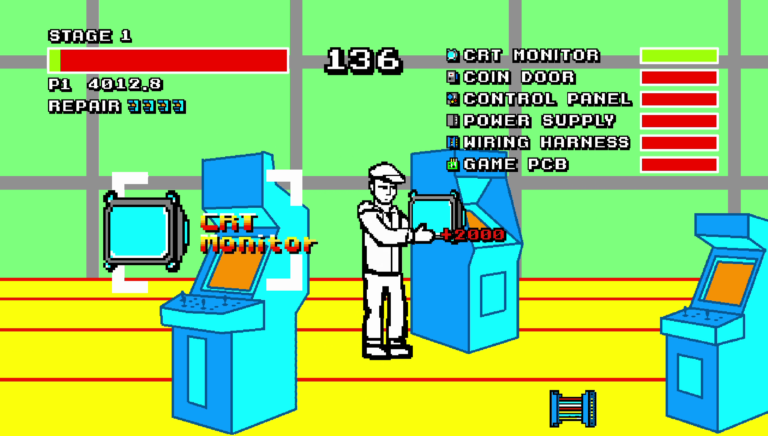
In the world of gaming, creating tension is a crucial element that can greatly enhance the player’s experience. One effective way to achieve this is through delayed feedback. By strategically withholding information or outcomes from the player, game developers can build suspense, increase immersion, and ultimately deliver a more engaging gameplay experience.
Delayed feedback can take many forms in gaming. For example, an action-adventure game might introduce suspense by delaying the outcome of a player’s decision to open a locked door, leaving them on tenterhooks as they wait to see what lies behind it. Similarly, a strategy game could create tension by delaying the reveal of an opponent’s move, forcing players to anticipate and plan for various outcomes.
One of the key benefits of using delayed feedback in games is its ability to increase immersion. By keeping players in suspense and requiring them to stay engaged with the game world, developers can create a more immersive and compelling experience. This can help players feel more connected to the game’s story, characters, and setting, leading to a more memorable and enjoyable gameplay experience.
In addition to enhancing immersion, delayed feedback can also add a layer of challenge to gameplay. By forcing players to make decisions without immediate feedback, developers can test their ability to think ahead, plan strategically, and adapt to uncertain situations. This can make the game more rewarding for players who enjoy a challenge and add depth to the overall gameplay experience.
From a design perspective, incorporating delayed feedback into a game requires careful consideration and balancing. Developers must strike a fine line between building tension and frustrating players with excessive delays. By carefully pacing the release of information and outcomes, developers can create a sense of anticipation and excitement without overwhelming geile minecraft server or alienating players.
In terms of SEO optimization, games that utilize delayed feedback as a gameplay mechanic can benefit from targeting relevant keywords such as “tension in gaming,” “immersive gameplay,” and “strategic decision-making.” By incorporating these keywords into their marketing materials, developers can attract players who are specifically interested in experiencing the unique tension and challenge that delayed feedback can bring to a game.
In conclusion, creating tension through delayed feedback is a powerful tool that game developers can use to enhance immersion, challenge players, and deliver a more engaging gameplay experience. By carefully implementing this mechanic and balancing it with other elements of game design, developers can create a truly memorable and impactful gaming experience for their players.
